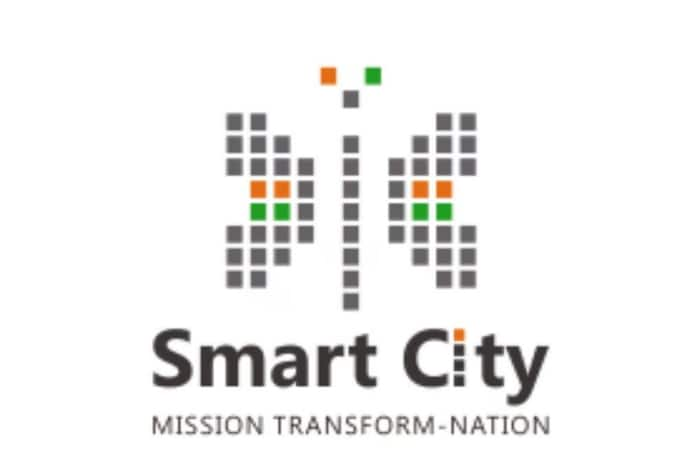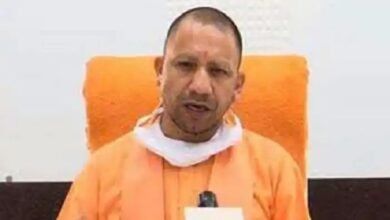[ad_1]
The learnings from the Mission are disseminated through various mechanisms.

Smart Cities Mission: Minister Of State Kaushal Kishore on Monday while talking about the Smart Cities Mission (SCM) in Rajya Sabha shared information and updates about the SCM.
He said that the Government of India launched the Smart Cities Mission (SCM) on 25 June 2015 under which 100 Smart Cities were selected through 4 rounds of competition from January 2016 to June 2018. The objective of SCM is to promote cities that provide core infrastructure and a decent quality of life to their citizens and a clean and sustainable environment through the application of smart solutions. The idea is to look at compact areas and create replicable models that will act as lighthouses for other areas in the same city/other aspiring cities.
The learnings from the Mission are disseminated through various mechanisms. There have been 4 editions of India Smart City Awards (ISACs) wherein the best cities, projects, and innovations have been recognized. As part of each edition, a compendium of award-winning projects is published. The Mission has published numerous publications, newsletters, advisories, and documents focused on various works that have happened under its umbrella. These documents are useful for all towns and cities of the country.
The Mission uses platforms like national and regional conferences, seminars, and webinars for peer-to-peer learning. Besides these activities, various outcome indices like the Ease of Living Index have been formulated under the Mission which act as platforms for cross-learning among cities. As of 27 November 2023, work orders have been issued in 7,959 projects worth around Rs 1,71,224 crore; of which 6,271 projects worth Rs 1,16,269 crore have been completed. Rs 78,749.88 crore has been released of which Rs 71,135.70 crore (90%) has been utilized.
The implementation of SCM at the City level is done by SPV created for the purpose. At the State level, Mission implementation is monitored by the State Level High Powered Steering Committee (HPSC). At the National level, implementation is monitored by an Apex Committee headed by the Secretary of the Ministry of Housing and Urban Affairs (MoHUA).
Nominee Directors of MoHUA on the Boards of SPVs monitor progress in respective cities on a regular basis. MoHUA regularly interacts with the States/Smart Cities through video conferences, review meetings, field visits, regional workshops etc. Smart Cities are continuously assessed on various parameters including, but not limited to, project implementation and utilization of funds through the Real Time Online Geospatial Management Information System (GMIS). The period of implementation of SCM has been extended up to June 2024 and all Smart Cities are expected to complete their projects within the stipulated time.



